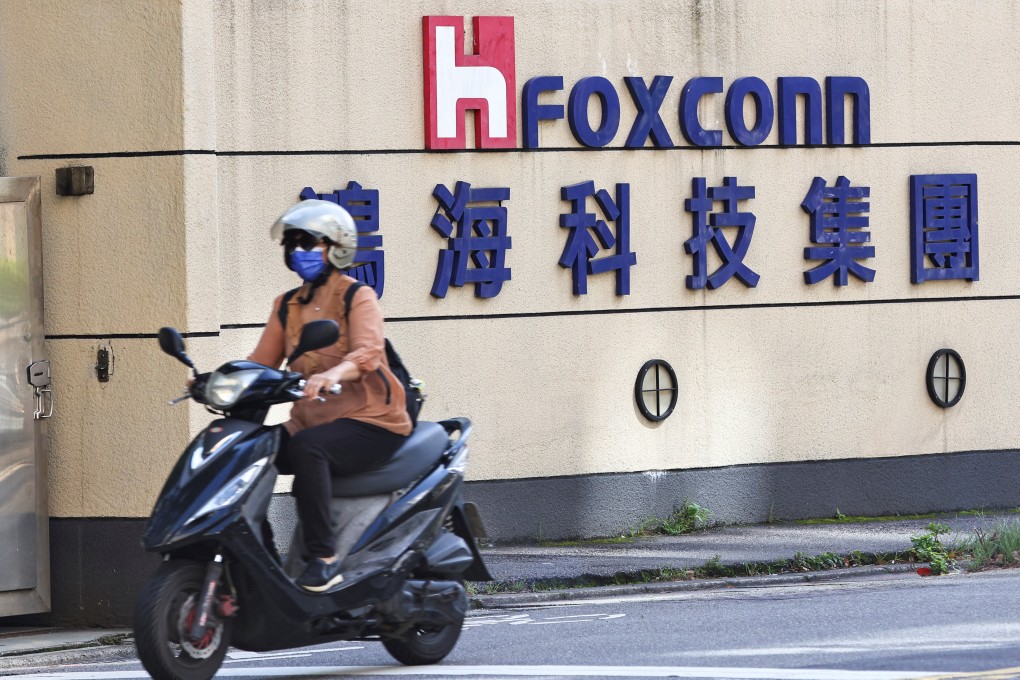Apple’s biggest contractor Foxconn pumps new investment into facilities in northern China as ‘iPhone City’ struggles
- Foxconn Technology Group said it has made 1 billion yuan (US$142 million) in new investment towards its facilities in the northern Chinese city of Taiyuan
- The company is scrambling to restore production capacity after an estimated tens of thousands of workers fled its sprawling campus in Zhengzhou

Foxconn Technology Group, Apple’s biggest contractor, has injected 1 billion yuan (US$142 million) in fresh capital into its facilities in northern China, as its iPhone factory in the central Chinese city of Zhengzhou – the largest in the world – struggles to meet production targets amid a severe manpower shortage.
The investment was made towards a Foxconn subsidiary in Taiyuan, capital of Shanxi province, according to a stock exchange filing on Friday. The province is listed by Apple as one of Foxconn’s primary locations for the manufacturing of Apple products in mainland China, along with six other provinces including Henan and Jiangsu.
The Taiyuan plant, established in the early 2000s, mainly produces electronic components, mobile communication systems, smartphones and digital cameras, public information shows.
Foxconn, formally known as Hon Hai Precision Industry, called the latest move a “long-term investment” without further elaborations.
